Alan Hipolito
SUMA develops a community-based digital transaction model that organizes and secures community data and builds collective purchasing power. Developed together with low-income people and people of color in the Cully area of Portland, Oregon, SUMA’s digital transaction model will utilize technology in order to access environmental services, while simultaneously creating the digital infrastructure necessary to …
Jeffrey Neal
Loop Closing will pilot an on-site composting food waste program replacing trash cans and no longer hauling waste to distant locations. Scaling Loop Closing’s distributed composting model will regenerate our soils in a program led by communities of color. It will eliminate the harms of past practices, benefit community members, and increase our current waste …
Bayeté Ross Smith
Mr. Ross Smith proposes a series of art interventions in law schools and firms, accompanied by public programming, that will engage the local and legal communities in discussions around the salient socio-political issues highlighted by the art. The artworks will address issues such as: unconscious bias, economic justice, and political accountability.
Jackie Summell
The Solitary Garden Project utilizes the tools of prison abolition, art, permaculture and restorative justice to facilitate exchanges between incarcerated people and the outside world. Gardens created through the project are the size of a solitary confinement cell and are constructed from chattel crops, illuminating the connection between slavery and our modern-day criminal justice system. …
Elizabeth White
Through an online curriculum, interviews, and profiles, the Resilience Circles Toolkit will combat shame and provide resources for resilience to one of the most economically vulnerable communities in the U.S. – older black women. The toolkit will serve as a valuable resource by amplifying the voices of older black women who are already successfully customizing …
